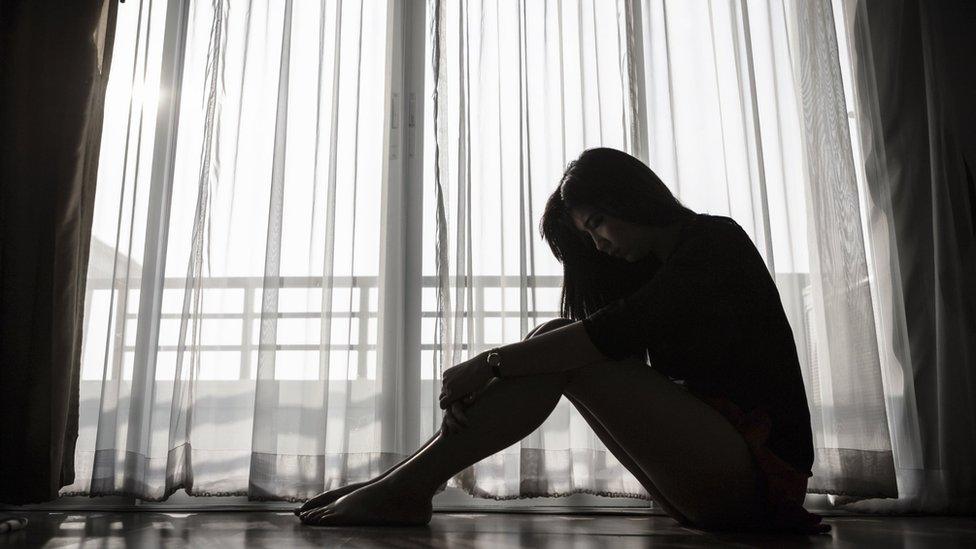Mental health patients sent miles due to bed shortage
- Published
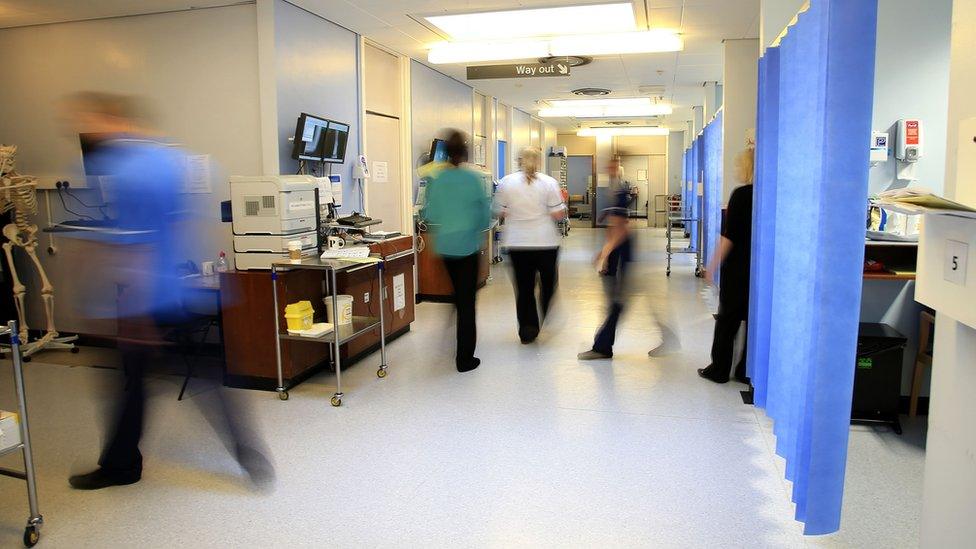
Hundreds of mental health patients in England are sent to hospitals miles from home each month because of local bed shortages - more than a year after the NHS aimed to end the practice.
NHS data shows that 630 patients were in inappropriate out of area placements (OAPs) at the end of August 2022.
Experts say such placements, which the NHS said would end by March 2021, are traumatic for patients and costly.
The government said it was investing an extra £2.3bn in mental health services.
An inappropriate OAP is when someone is sent to a hospital in a different area because no beds are free locally.
Of the 630 patients in inappropriate OAPs in August 2022, more than half were sent away that month.
Your device may not support this visualisation
In 2019, Kelly was sectioned and - because no local bed was free - sent to a hospital 23 miles from her home.
"I didn't have anything on me", she says, "I only had my phone and the clothes that I was in."
With family members too far away to bring her possessions, the hospital provided basics: pyjamas, trousers, a T-shirt, one pair of socks and two pieces of underwear.
"All I could wear were the pyjamas and the same top and trousers every day for three weeks," says Kelly.
"It was just awful. When you're stuck in a strange place as it is... It's even more distressing not having your own familiar things to take comfort in."
Shortly after her discharge, Kelly was sectioned again - this time closer to home. She says this made a "massive difference", adding: "When you're closer to home you've got your friends and your family coming to visit you and take you out for a walk."
Paul Spencer, the charity Mind's head of health, policy & campaigns, describes OAPs as traumatic, isolating and costly to the NHS. He says that "people are cut off from their support networks right at the very moment they need them most".
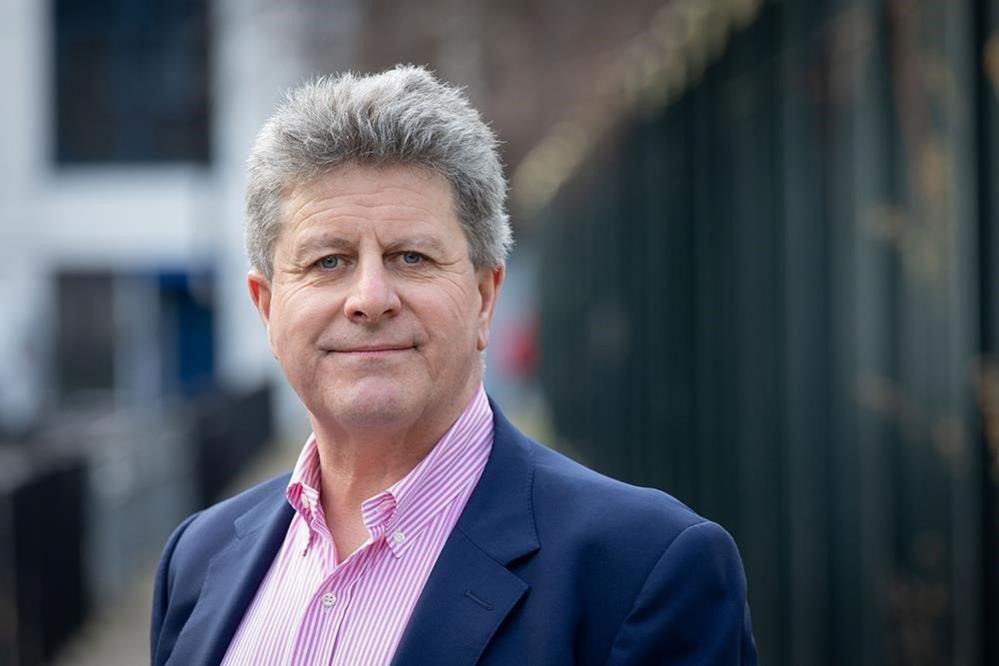
Dr Adrian James, president of The Royal College of Psychiatrists, called OAPs "a real problem for patients".
More than half of patients are sent more than 60 miles (100km) from home.
Dr Adrian James, president of the Royal College of Psychiatrists, says "statistically, if you're sent away from your local area, you stay in hospital longer".
"For some areas it looks like there aren't enough beds and for some areas, it is that there aren't alternatives to admission. Focusing on care in the community is really important," says Dr James.
Almost £10m was spent on inappropriate OAPs in August, with 94% of placement days spent with private organisations. Private beds are often more expensive.
Missing the target
The NHS had planned to eliminate inappropriate OAPs, external in adult acute inpatient care by 2020-21.
Since that deadline, 5,800 patients have been sent on inappropriate OAPs. This has cost the NHS more than £165m.
"It's incredibly disheartening to see progress stall on reversing the number of inappropriate OAPs", says Mr Spencer.
"We know that it is possible to stop OAPs and some trusts are doing much better than others. Over the coming year we need a sharper focus in those areas where people are being repeatedly let down.
"We need the prime minister to urgently recommit to delivering a cross-government mental health plan."
An NHS spokesperson said: "Mental health services are committed to ending inappropriate OAPs as quickly and as safely as possible and the number of new patients sent out of area has halved over the last three years.
"While the pandemic has led to a significant increase in service pressures through a combination of a high number of bed closures, staff absences, and higher levels of mental health need - the NHS has treated tens of thousands more people in the community since the publication of the NHS Long Term Plan and will continue to work with social care colleagues to reduce rising length of stay in mental health settings."
The trusts with the most OAPs
Across England, patients spent a total of 191,515 inappropriate OAPs days in the year ending this August, down 19% from the year before.
But 25 trusts saw an increase in the number of days patients spent in OAPs, with 12 trusts recording their highest figure of OAP days yet.
Your device may not support this visualisation
When Claire, not her real name, was suicidal in 2020, she was sent to a private hospital 80 miles away. She spent 18 months there.
"I had no idea where I was going. They said there were no beds in our local area and brought me to East Sussex. I've never stepped foot in East Sussex before," she says.
"I was terrified. I was hundreds of miles away from my family. I was asking to go home, to see my mum. I didn't know the psychiatrists, I didn't know the people there."
A Department of Health and Social Care spokesperson said: "Everyone should have access to safe, appropriate mental health care close to home, and while the pandemic has had a significant impact on capacity in mental health services, we remain committed to reducing inappropriate OAPs for patients."
The department said it is investing an extra £2.3bn annually in mental health services by 2024. NHS England is providing an extra £10m to support mental health services this winter to "deal with record demand".
If you are affected by issues raised, support is available at the BBC Action Line.
Note: Data is provisional and subject to change. Not all trusts submit OAP data; this August, 79% participated. NHS Digital says a cyber incident may have had "limited" impact on participation.
- Published2 November 2022
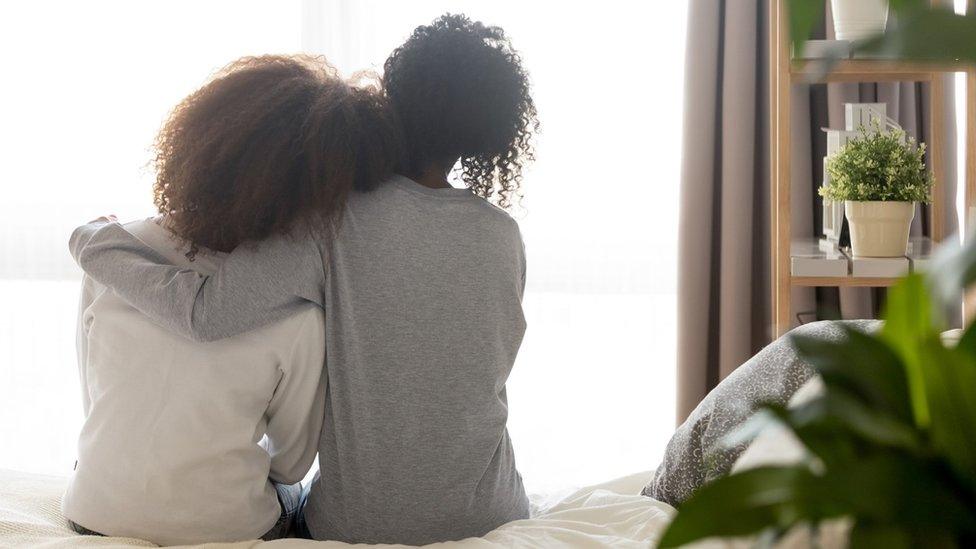
- Published17 June 2022
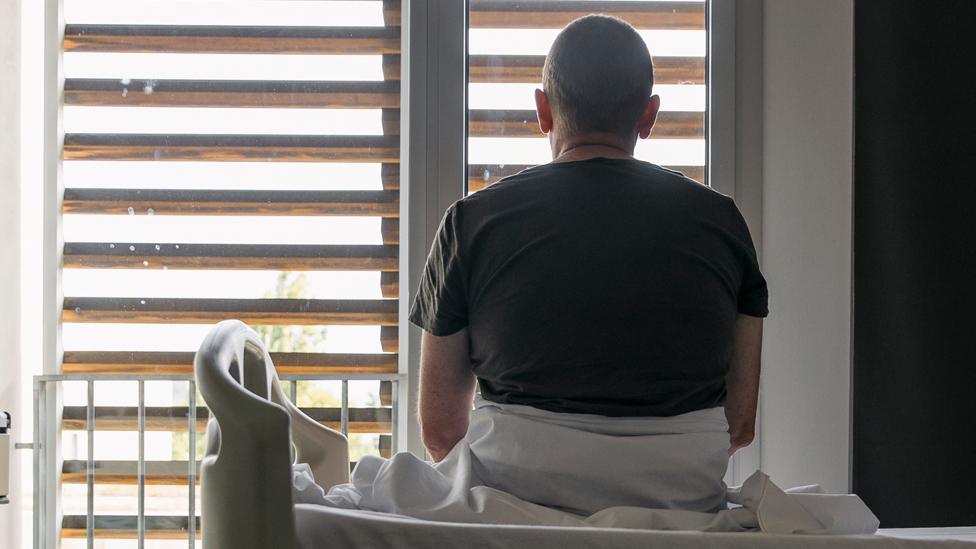
- Published18 January 2022
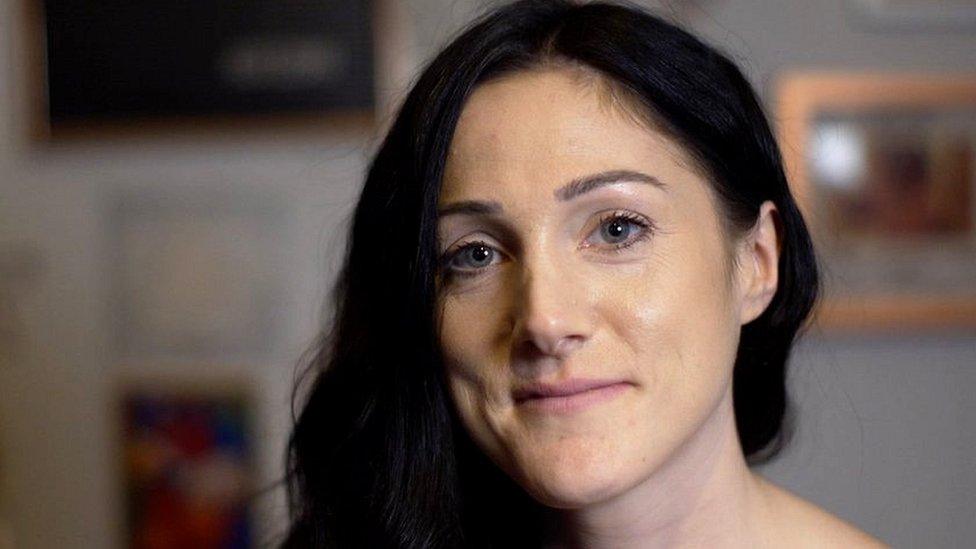
- Published31 October 2019
